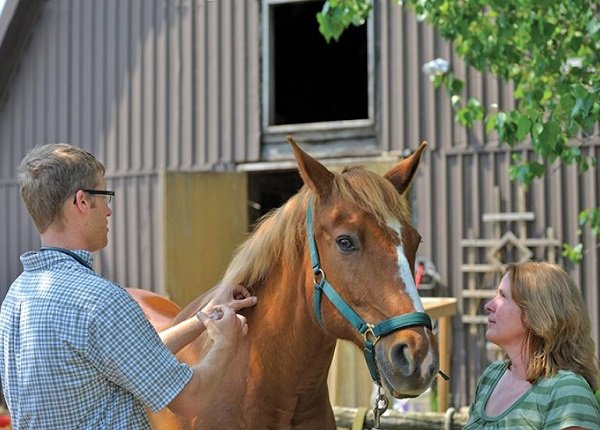Horses are elegant beasts that have astounding features and are beautifully built. A galloping horse looks like a picture right off the murals of many museums and monuments. Horses have great significance in the Greeky Mythology with some of them such as Pegasus even being worshipped by a few clans. Horses are very loyal and are considered as a human’s best aid for transport. Horses require a lot of attention and dietary discipline such as nutritious food, rigorous exercise, horse protein supplements etc to keep them fit.

The love for horses in this modern age extends in the form of Equestrian Clubs where people can learn to ride horses as well as befriend horses in their natural habitat (a stable). Equestrian clubs partake in both recreational as well as sportive activities where one gets to compete with others for horseback riding.
Dietary requirement for Equines
Horses are raised in stables where caretakers provide them with 6 basic nutrients which are necessary for healthy growth of a horse – Carbohydrates, Proteins, Fats, Vitamins, Minerals and Water. Horses have a relatively small stomach when compared with barn animals and have a very restrictive portion of diet. Horses tend not to over eat as they do not have the capacity to regurjugate as well.
-
Carbohydrates
The food for horses consists mostly of Carbohydrates which is the main source of energy. The carbs for horses are mainly found in corn, barley and oats. These are directly absorbed as glucose and sugar and give the most amount of energy for a horses activity.
-
Proteins
The next important part of a horse’s diet is protein. Protein is important for muscle growth and development for horses who are into manual labour and rigorous workouts. Protein is fed as soybean meal or as alfalfa to horses. Show quality horses need a smidge of extra muscle and shine and therefore the caretakers may introduce Horse protein supplements for them. These are mixed in the premixed feed and provide for effective absorption in the gut.
-
Fats
Fats are essential for burning energy efficiently and therefore a total of 3-5% of a horse’s diet needs to have soluble fats in it. They help in providing density to the energy in the diet.
-
Vitamins and Minerals
Fat soluble vitamins such as Vit A, D E etc are vital for horses nutrition. Minerals are important for structural growth and nerve development. Electrolyte balance and Muscle contractions are also governed by the amount of minerals in the horse’s diet. Most horses make their water soluble Vitamins such as Vit C and some fat soluble vitamins such as Vit K and Vit B complex are produced by gut microbes. A fair share of Vit D can be obtained by sunshine. Vitamin and Mineral supplements are only required if one or two of the above are missed or lacking in the diet.
-
Water
Water is the main component of a horse’s diet. Roughly, a horse drinks twice as much water as the food it consumes. Horses that train and exercise or work in farms require a lot more water. Mares that are pregnant or lactating also require a lot more water than a regular horse. Water is essential for absorption of all vital nutrients and for the overall health of a horse. A horse may become severely dehydrated and weak due to lack of fresh drinking water.




